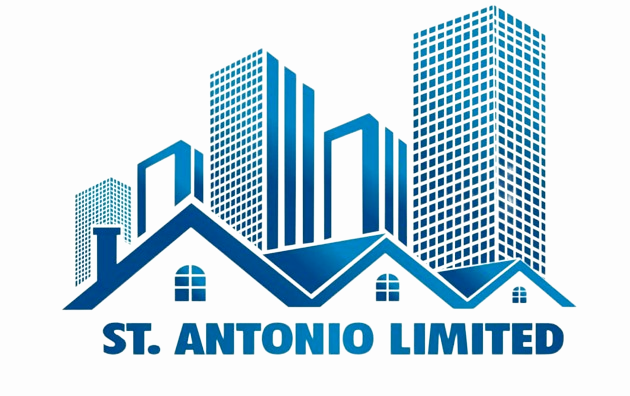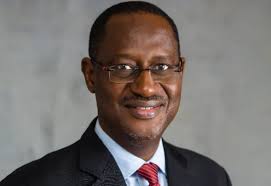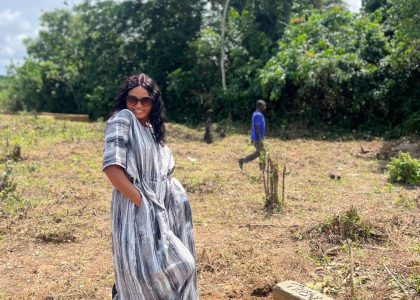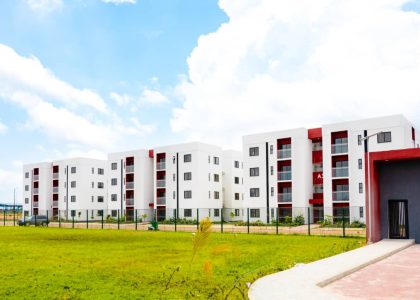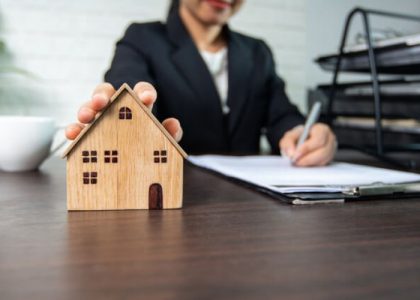As the Federal Government prepares to launch the Renewed Hope City project in Abuja, Nigerians have raised concerns about the transparency and fairness of the initiative, aimed at bridging the country’s housing gap.
The launch, expected in December 2024, will see 1,000 housing units in the Karsana District made available for purchase.
While the project had been described by the Ministry of Housing and Urban Development as a step toward easing the country’s housing crisis, many were demanding clarity on issues, such as fair distribution, affordability, and accountability in its delivery.
The Renewed Hope City initiative is part of President Bola Tinubu’s administration’s plan to tackle Nigeria’s huge housing shortage.
The Housing Minister and Urban Development, Ahmed Dangiwa, revealed during the Property and Environment Writers Association of Nigeria Awards in Lagos recently that the 1,000 housing units were set to be available for purchase via an online portal (https://renewedhopehomes.fmhud.gov.ng).
He added that the remaining 2,112 units of the Renewed Hope City project, which began construction in February 2024, will be delivered in phases, with the full 3,112-unit development expected to be completed in the coming years.
While the government’s focus on addressing the housing deficit is widely supported, many Nigerians have voiced concerns about the fairness of the project’s distribution and its overall impact on the nation’s housing affordability.
At the PEWAN awards, Dangiwa emphasised that the 1,000 homes set for the December inauguration were just the beginning of the Renewed Hope initiative.
“The Renewed Hope Cities is a key component of our broader goal to deliver 50,000 housing units under the first phase of this programme,” Dangiwa said.
However, Nigerians had raised red flags about the prices and accessibility of those units, especially in light of Nigeria’s rapidly growing population and the high demand for affordable housing.
In the Bwari Area Council of the Federal Capital Territory, Abuja, a resident, Atabo Emmanuel, said, “Affordable housing is something every Nigerian deserves, but we are sceptical that this will truly be accessible to ordinary people.”
“It is great that the government is taking steps to build more homes, but what is the price range? Will the average worker be able to afford them, or will this project only benefit the rich and connected?” he questioned.
According to available records on the Renewed Hope Cities Estate portal, prices range from N8m to N9m for a one-bedroom apartment and above N12m for a duplex.
Dangiwa noted that the Renewed Hope Cities would be priced differently from the Renewed Hope Estates due to the distinct funding mechanisms behind them.
While units in the estates cost between N8m and N9m, the pricing of the Renewed Hope City homes, funded through public-private partnerships, cost about N22m.
“Even if these houses are made available for purchase, how many people can afford them, especially with the inflation we are facing? It is going to be very difficult for someone in my position to buy one of these homes.
“I believe in this project, but I need to see that the government is being honest about how the homes will be distributed,” another Abuja resident, Maryam, lamented.
The online portal established for the Renewed Hope City homes has raised questions regarding its fairness.
While Dangiwa had assured the public that the homes would be made available on the portal, many Nigerians remained cautious about the system’s transparency.
Related News
Dangiwa to inspect Lagos housing projects
FG mulls N500bn housing budget for 2025
FG to work with states on land registration – Minister
In the Nnyanya area of Abuja, Emeka Okoye expressed concern about the potential for corruption in the distribution process.
“With the high demand for affordable housing, the temptation for manipulation is strong. We need guarantees that the process will be transparent and that the homes will not end up in the hands of a few privileged individuals while the majority are left out,” Okoye said.
Some Nigerians suggested that a lottery system might be the fairest method to distribute the homes.
“If they are truly serious about helping ordinary Nigerians, they should hold a transparent lottery or auction system to ensure that everyone has a fair chance,” added Alex Moses, a factory worker in Ikorodu, Lagos State.
Considering the growing concerns surrounding the housing project, the Chancellor of the International Society for Social Justice and Human Rights, Dr Jackson Omenazu, emphasised the importance of transparency and accountability in the government’s housing initiatives.
He declared, “We have over 1,000 units of local housing estates here in Port Harcourt belonging to the Federal Government. They have been abandoned for years now.”
He also noted that those issues extend beyond the capital, highlighting abandoned housing projects throughout Nigeria.
The chancellor underscored the betrayal of public trust caused by unfulfilled government promises.
“The truth is this. We should be able to rely on the promises made by our government. It is important for the government, mostly the Federal Government, to keep to its word,” he said.
He also warned of the broader consequences of failing to meet these promises, adding, “It is an act of betrayal of public trust when you make a pronouncement under the seal of the Federal Government. And that pronunciation is not met.”
Omenazu emphasised the urgent need to restore Nigerians’ trust in the government’s commitment.
“The confidence of the people of Nigeria has fast eroded where the Federal Government is. There is an urgent need for the Federal Government to do everything humanly possible to restore that confidence.
“The government promised to deliver about 3,000 units. They did not even deliver 1,500 or 2,000 or 2,500. They only delivered 1,000. And that 1,000 have not been commissioned. And it has not been allocated to citizens of the country,” he remarked.
He added that Nigeria’s growing displaced population further underscored the urgency of the issue.
“We are talking about renewed hope, but where is the hope?” Omenazu asked, pointing to the millions of Nigerians who still struggled to get housing.
He stressed that providing affordable housing should be a priority for the government, noting, “The government must provide affordable housing for the people.

